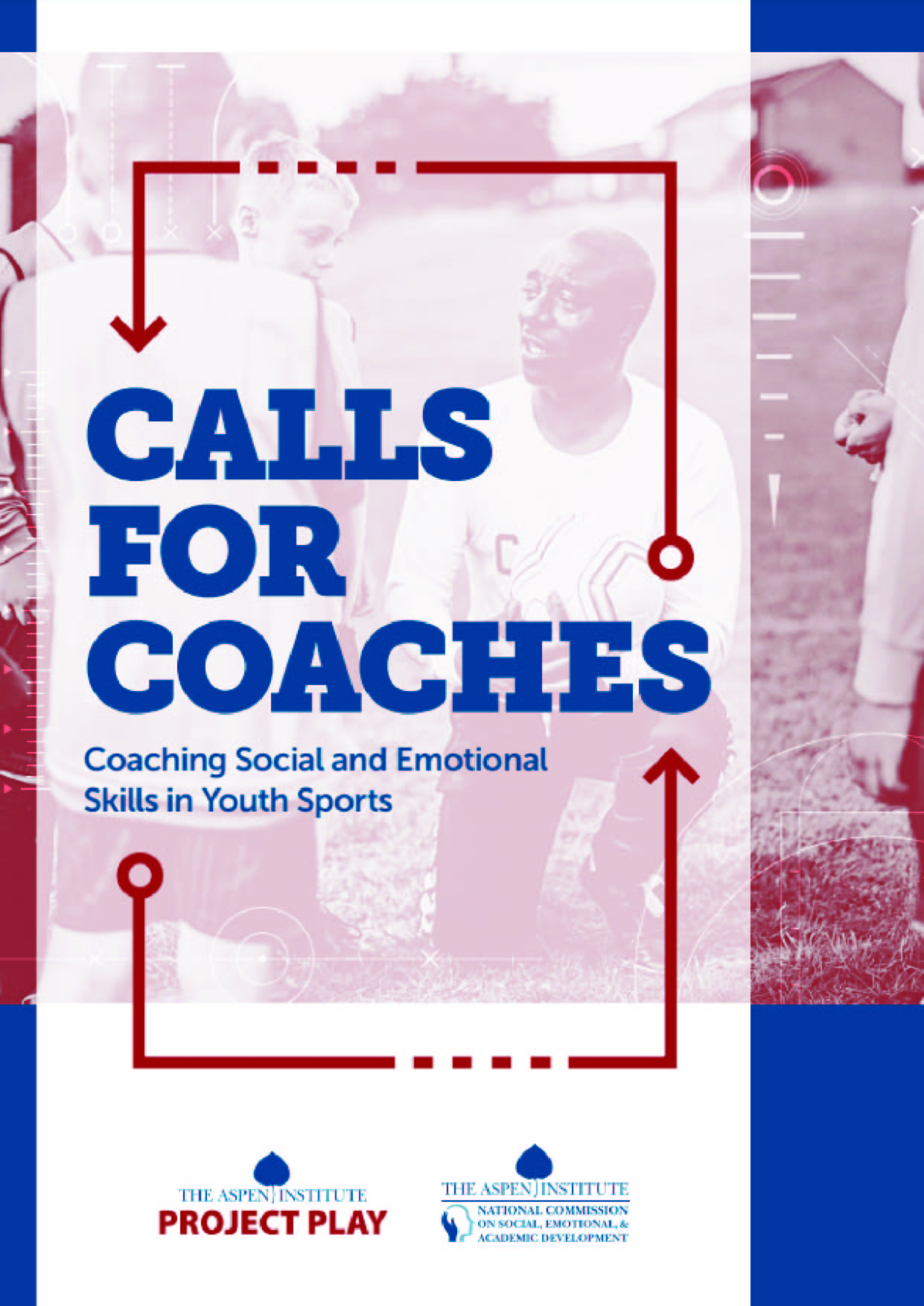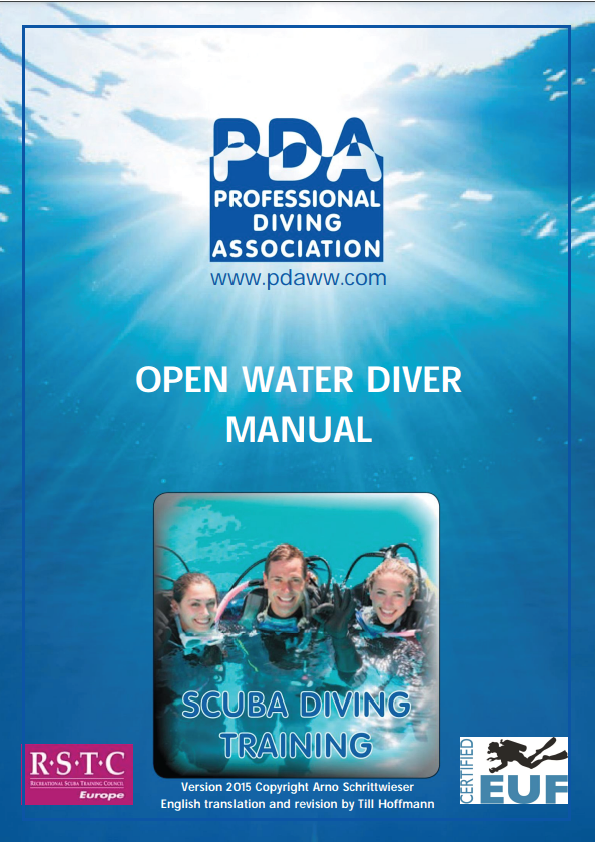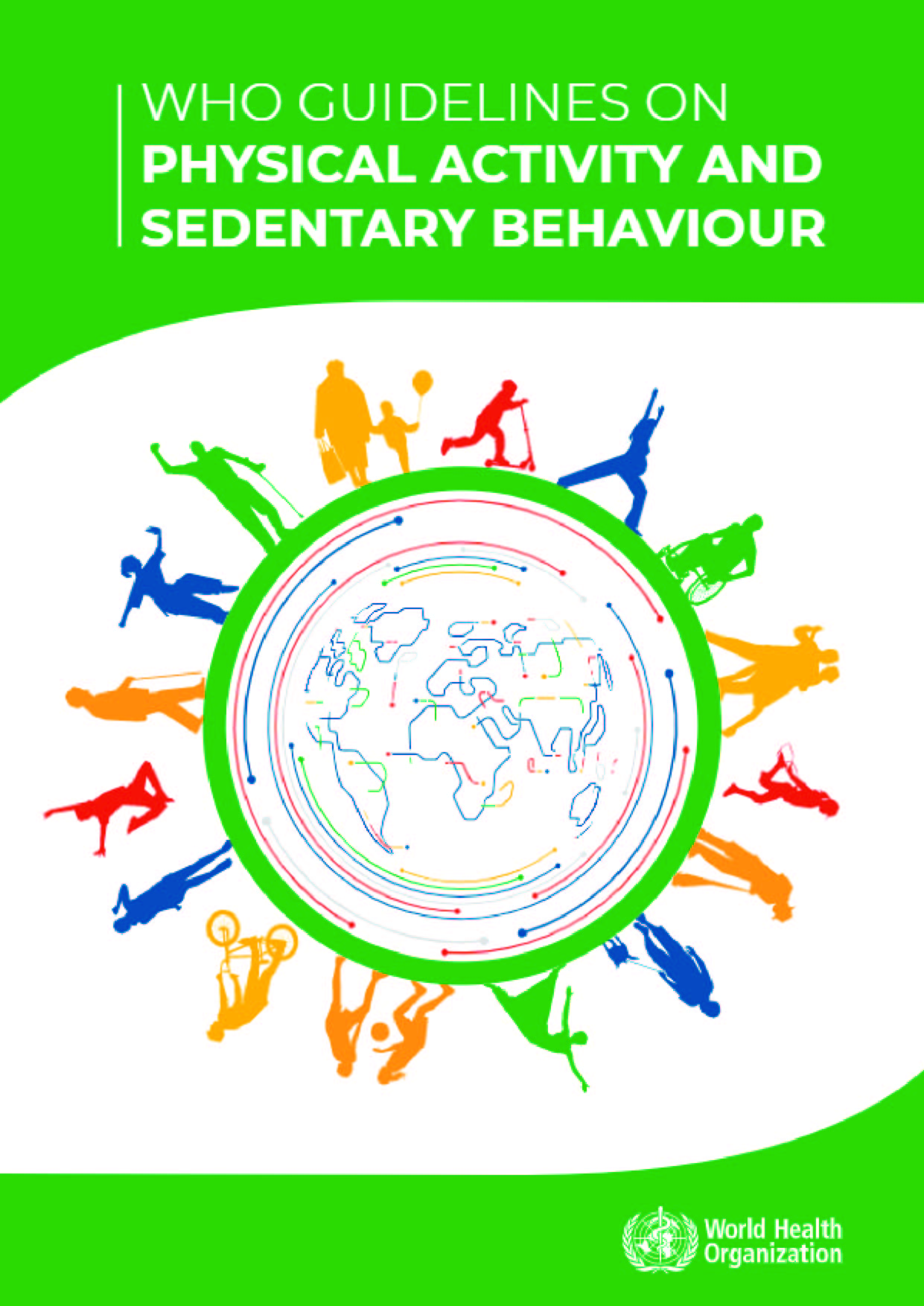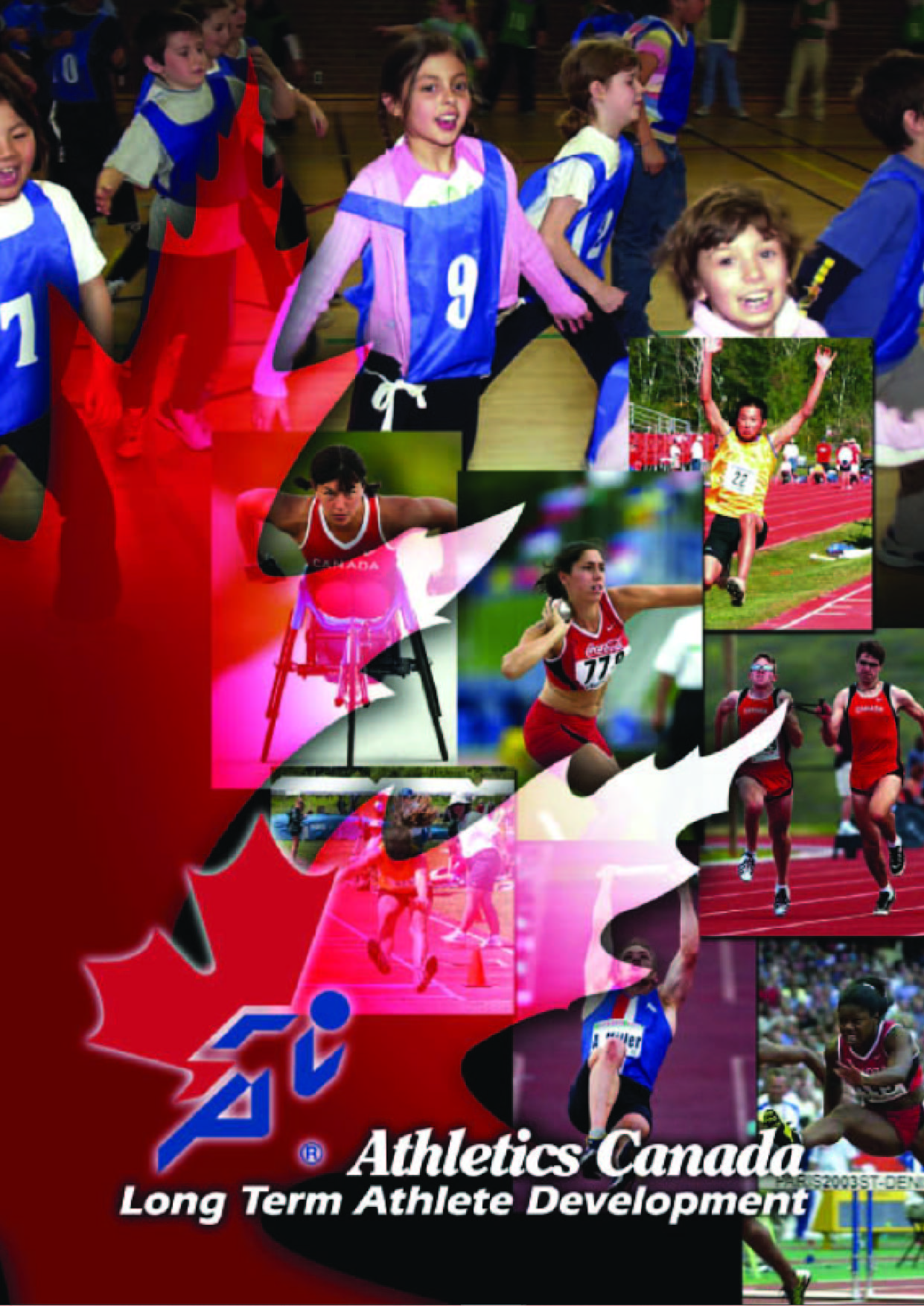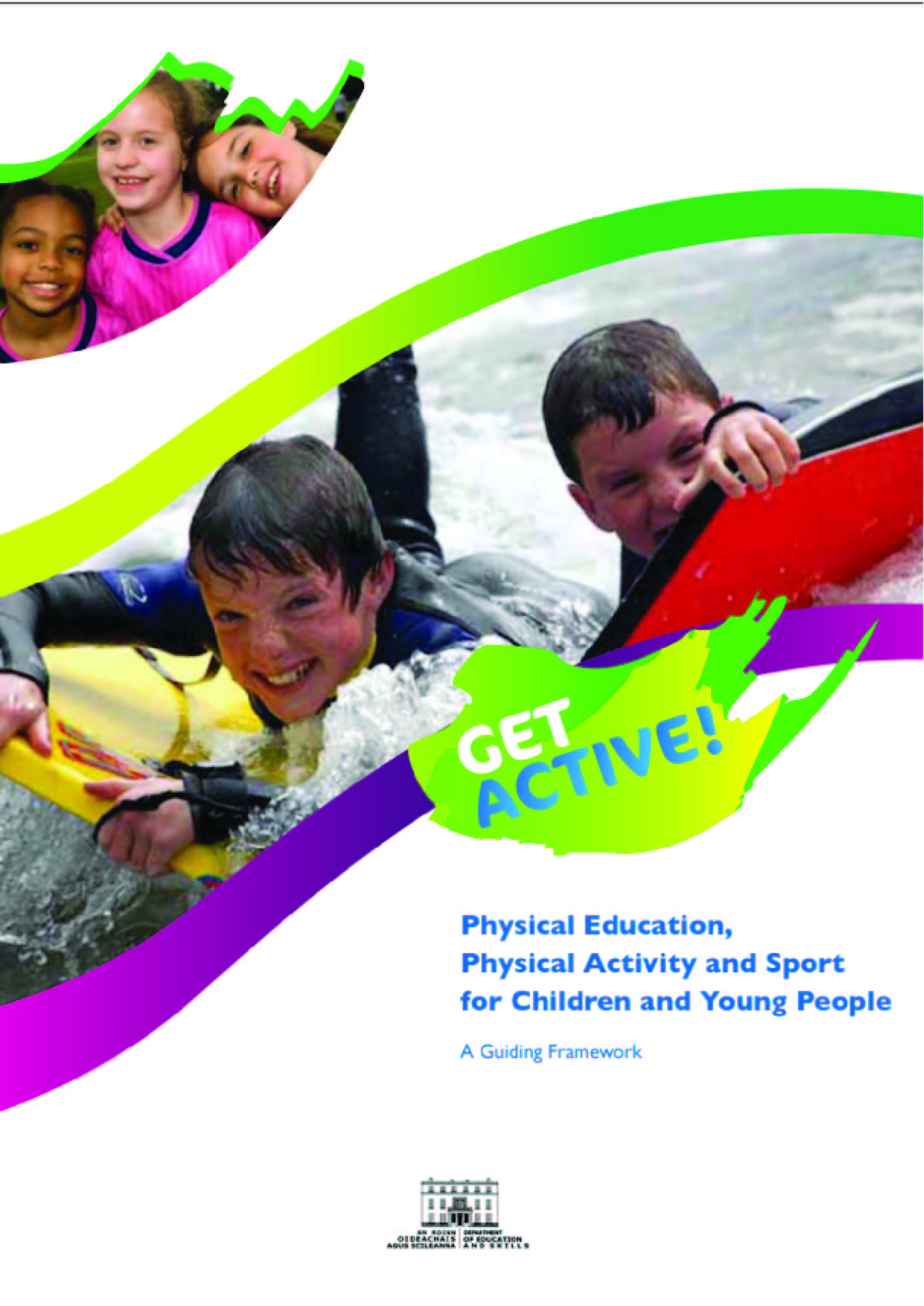The foundation
Coaching Social and Emotional Skills in Youth Sports explains how a positive youth development approach is critical for physical and emotional well-being. Sports and other physical activities provide ample opportunities to create an environment built on the foundational characteristics of positive youth development. Characteristics of positive youth development include:
- Youth-adult relationships — positive and sustained relationships with adults;
- Skill development — the practice of social, emotional and cognitive skills in a supportive culture and climate; and
- Opportunities for leadership — the use of these skills to enhance youth voice and choice. Social and emotional skills can be grouped into three interrelated categories: cognitive regulation; emotional competencies; and social and interpersonal skills.
Cognitive regulation can be thought of as the basic skills required to direct behavior toward setting and reaching goals. This set of skills includes working memory, attention control and flexible thinking, as well as beliefs and attitudes that guide one’s sense of self and learning style. Children use cognitive regulation skills whenever faced with tasks that require concentration, planning (including carrying out intentional physical movement), problem solving, coordination, decision-making or overriding a strong internal or external desire.
Emotional competencies are a set of skills and understandings that help children recognize, express and regulate their emotions. This set of skills includes sympathy, empathy and perspective taking. Emotional skills allow children to manage their own emotions and cope with different situations in constructive ways. These skills are fundamental to positive social interactions and critical to building relationships with peers and adults, which exist at the core of individual and team sports.
Social and interpersonal skills help youth accurately interpret the behavior of others. This set of skills includes interacting positively with peers and adults and effectively navigating social situations. Social and interpersonal skills build on emotional competencies. Children must be able to use these skills effectively in order to contribute to a team, resolve disagreements and coexist peacefully with others.
The development of these skills interacts with character, beliefs and mindsets. Character represents ways of thinking and habits that support youth working together as friends, family and community. It encompasses understanding and acting upon core ethical values like integrity, honesty and compassion. Young people’s beliefs and mindsets about themselves, others, and their circumstances — such as self-knowledge, motivation and purpose — influence how they interpret and respond to events and interactions throughout their day. Together, these skills, habits and beliefs lead to success in schooling and other community-based activities, the workplace, relationships and citizenship. Sports and physical activities provide a promising context for developing these skills.
Call for coaches
We call upon youth sports providers to integrate social, emotional and cognitive skill building into their programs. These Calls represent best practices that coaches can use to develop, model and foster their young athletes’ holistic development. They build upon practices that coaches often already do. The Calls highlight strategies that coaches can use to create safe and supportive environments as well as forge high-quality relationships with and among their athletes. In addition, each Call provides coaches with resources to learn more.
Practice spotlight
The Practice Spotlights are simple techniques to promote the development of these skills. These best practices have been compiled in partnership with our Strategic Advisory Group of researchers, coaches, educators and providers.
Resource spotlight
Want to learn more about one of the Calls? The free, online resources featured in the Resource Spotlights have been developed by leading organizations in social and emotional learning, mentorship, sports-based youth development and coaching. Links to all the resources are available in the online version at as.pn/callsforcoaches.
Want to explore the topic? Read through this book from the above for more.
